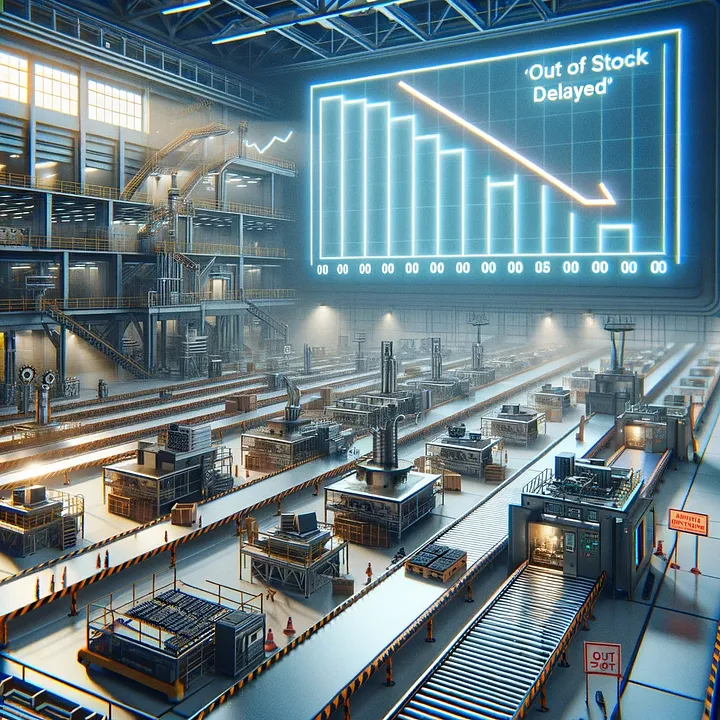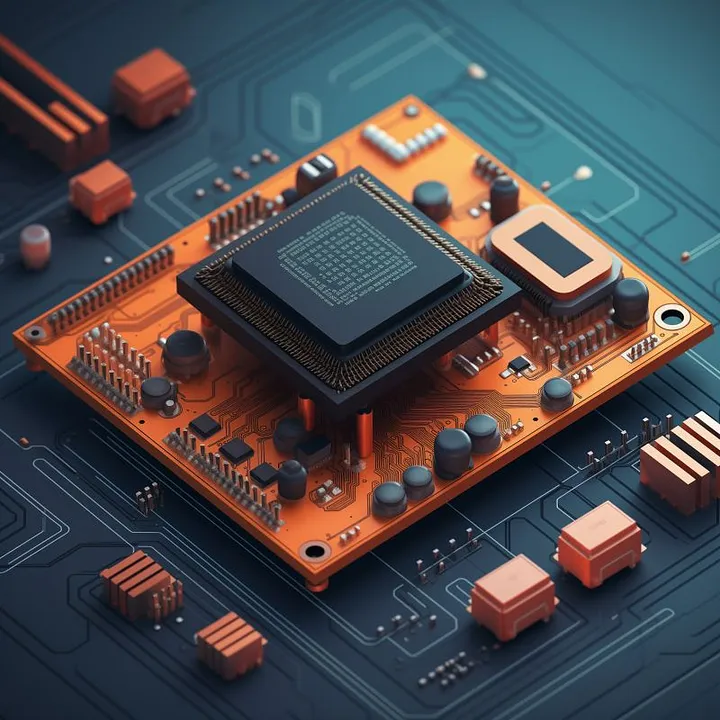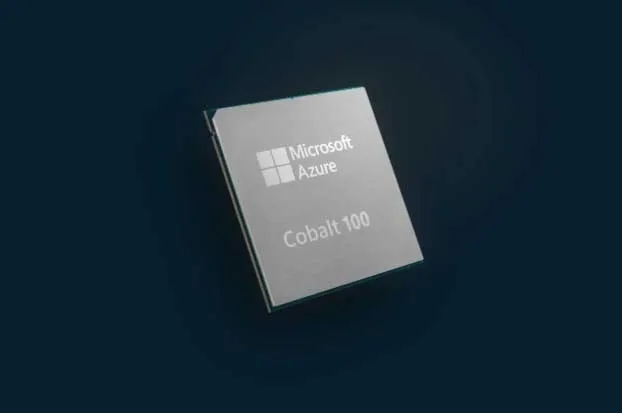If the reports that Sam Altman is planning to raise billions of dollars from investors to set up a network of foundries to manufacture the high-performance semiconductors he needs for ChatGPT and other AI ventures are true, he would be advised to take a step back and think through the full implications before taking the plunge.
Semiconductor manufacturing is an extremely tough business, not just because of the huge amounts of financial and human capital that are required to build and maintain a fab, but the long lead times required for plant construction and wafer production. Add in the need to create a strong and responsive supply chain to support wafer manufacturing and you have quite a list of challenges that you need to overcome.
If Altman and his putative partners were to actually complete their fabs, there is every chance that competitors like TSMC and Intel would already have moved ahead of them in terms of process technology and other vital components such as packaging. Even if they did succeed in manufacturing a compelling product, there is no guarantee that demand would be there for it when it arrives. Although the demand for top-of-the-line AI chips currently far outstrips supply, that does not mean that this will last forever. Just look at the slump in PC demand over the past couple of years.
Semiconductors are a cyclical business after all. Manufacturers need a wide range of customers serving multiple markets with families of chips built using various process nodes to weather the vagaries of each cycle while continuing to invest in the development of next-generation processes and technologies. Only TSMC, Intel, and Samsung have succeeded in sustaining their semiconductor manufacturing operations over decades while companies such as UMC, Global Foundries, Chartered, and Fujitsu have fallen by the wayside. This is not an industry for the fainthearted!
Rather than attempting to compete with existing players, Altman should focus his energy and time on building closer relationships with them in order to better understand the complexities of the semiconductor business. He would also benefit from studying how AWS, Google, and Microsoft have worked with TSMC to build their own customized data center silicon. Even amidst the current short-term shortages of high-end AI chips, there are still ways of securing long-term supplies of them.
Long time technology industry fan here in Taiwan.



